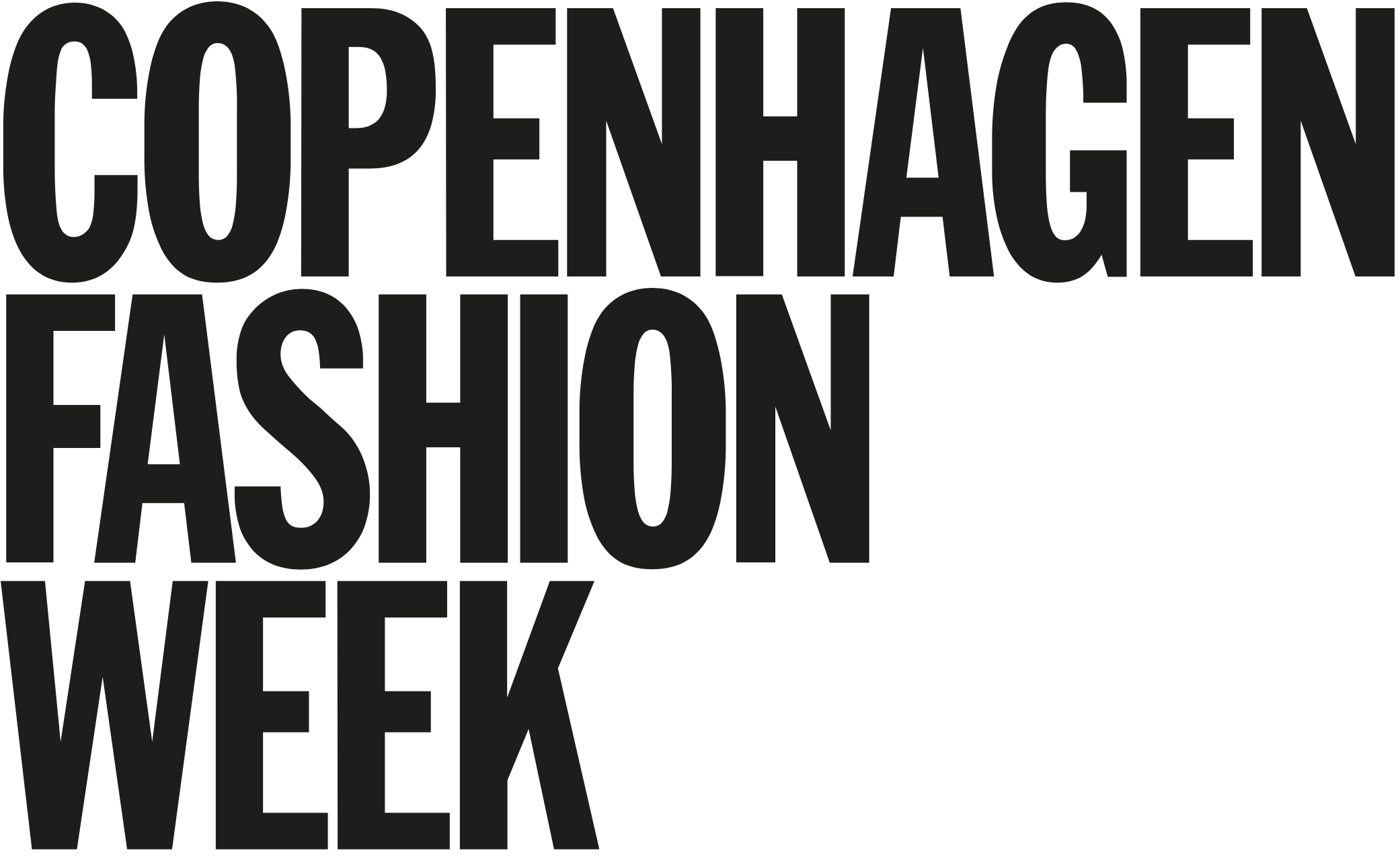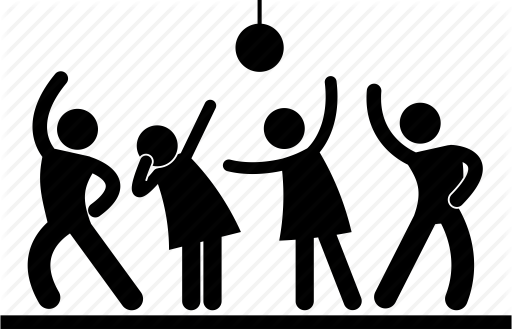A cognitive bias is a subconscious error in thinking that leads you to misinterpret information from the world around you, and affects the rationality and accuracy of decisions and judgments. Biases are unconscious, they are automatic processes designed to make decision-making quicker and more efficient. Cognitive biases can be caused by a number of different things, for example, heuristics (mental shortcuts), individual motivations and social pressures. Everyone exhibits cognitive bias, and it might be easier to spot in others, but it is important to know that it is something that also affects your thinking.
Here are some typical signs that you are influenced by some type of cognitive biases:
- Only paying attention to news stories that confirm your opinions.
- Blaming outside factors when things don't go your way.
- Attributing other people's success to luck but taking personal credit for your own accomplishments.
- Assuming that everyone else shares your opinions or beliefs.
- Learning a little about a topic and then assuming you know all there is to know about it.
When you are making judgments and decisions about the world around you, you like to think that you are objective, logical, and capable of taking in and evaluating all the information that is available to you. Unfortunately, these biases sometimes trip us up, leading to poor decisions and bad judgments.





















